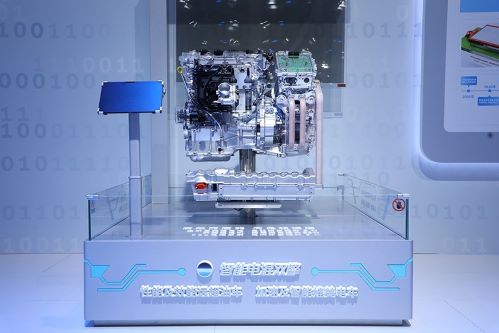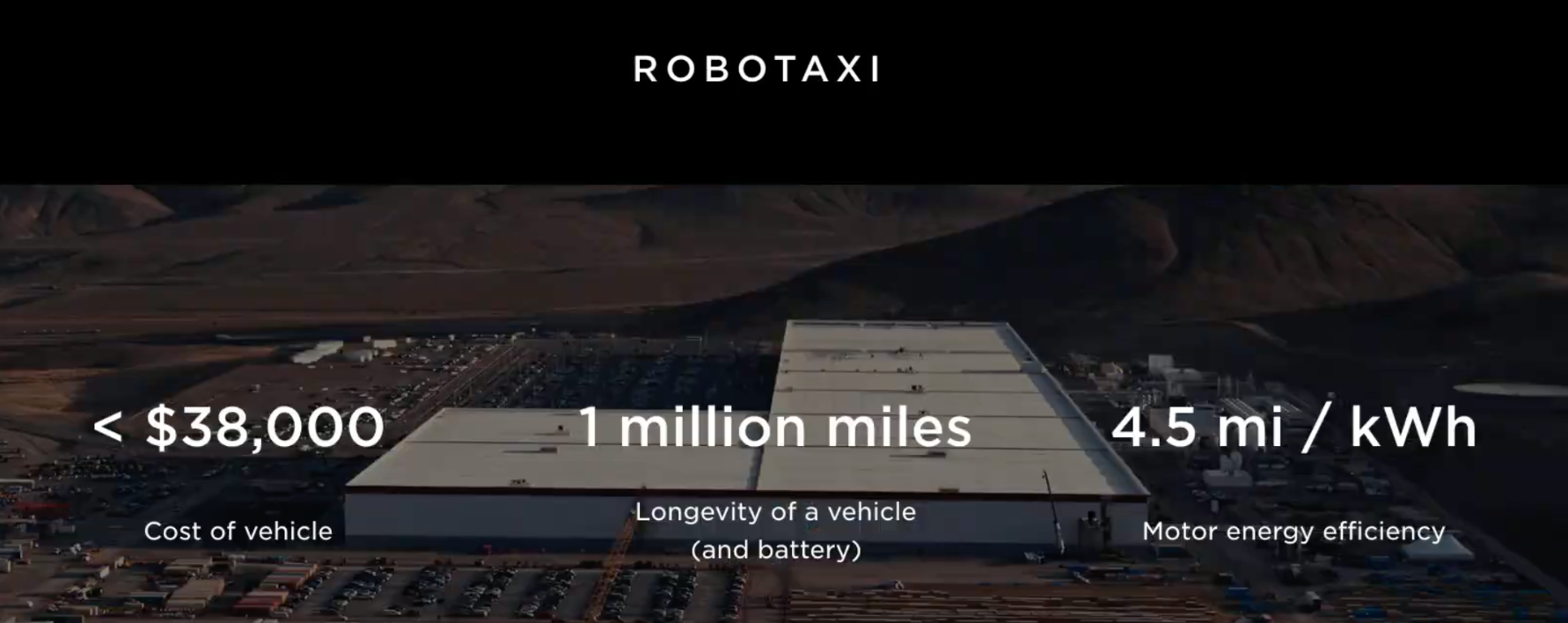Micfil Australia spoke to Australian Mining about its ultra-fine filters and their benefits.
When engine oil is replaced, as much as 12 per cent of the older oil remains inside the engine, polluting the new replacement oil with contaminants such as wear particles and debris.
This can reduce the oil’s life and lead to premature component and vehicle failures, limiting machine availability and uptime.
Operating engines on ultra-clean oil extends the oil’s life as well as the life of the machinery’s internal components.
“With laboratory analysis, our systems allow oils to be changed based on oil condition rather than time,” Micfil Australia founder Filip de Ruwe told Australian Mining.
This is where Micfil’s bypass filtration systems for oil can help. By removing impurities, the engine oil is maintained at superior cleanliness levels, thus increasing the life of the engine and internal components.
Micfil Australia is the Australian distributor of Micfil’s ultra-fine filters, which are being used worldwide in a variety of industries and applications, notably for filtering liquids such as engine oil, transmission oil, turbine oil, transformer oil, hydraulic oil, gearbox oil, fuel and biodiesel.
“Micfil Australia came to fruition after the initial Asian and Australian Micfil distributors established a market in Asia,” de Ruwe said.
“The company’s ultra-fine filters initially concentrated on the marine industry for the first few years before moving into the mining and transport industries.”
Since its ultra-fine filters arrived in 2008, Micfil has designed, produced and tested its filtration systems to maintain oil and produce clean fuel, all while positively impacting the environment.
Water – a known fuel contaminate that causes rust, bacterial infestation and cavitation damage at the injectors – is absorbed by Micfil ultra-fine filters from diesel and biodiesel while delivering filtration of up to 0.5 µm, even at high flow rates.
The ultra-fine filter will also eliminate 98 per cent of all bacteria, fungi and mould present in diesel fuel by trapping water molecules and contaminants in just one pass.
When fuel is delivered to the injection system, sludge-forming contaminants are captured, enabling the diesel fuel to exceed mandated ISO 4406 cleanliness levels. Micfil’s ultra-fine in-line filters, manufactured in Germany, filter 100 per cent of fuel while maintaining full flow.
The ultra-fine filters improve the fuel burn spray pattern, enabling improved fuel efficiency.
“Road transport, bus operators and local councils have reported 4–6 per cent savings in fuel use after installing Micfil ultra-fine filters in their vehicles,” de Ruwe said.
“Increased oil hours equals less wasted oil, boosting clean oil life, reducing fuel consumption, extending service intervals and lowering downtime, increasing productivity as a result.”
By removing contamination, Micfil’s ultra-fine filters reduce component wear and prevent damage to expensive components, increasing overhaul intervals by as many as 50,000 hours.
“This is made possible through the ultra-fine filter’s unique design,” de Ruwe said. “While it looks simple, it hides some remarkable properties.
“The water and contaminate blocking filters have a diameter of 110mm, built so any fluid filtered travels through 93 layers of material (tortuous filtration) made up of a mixture of fibreglass, polymers, high-quality cellulose and some proprietary materials.
“Think of them as an ultra-fine fluid maintenance system boasting 0.5-micron filtration with a beta ratio of 200 at two microns.”
According to de Ruwe, Micfil Australia and most original equipment manufacturers (OEMs) agree that quality by-pass filtration for oil and ultra-fine filtration for fuel dramatically assists with the performance of your equipment.
“However, engine manufacturers have realised that ultra-fine particles below five microns at higher pressures are causing premature failures, but they are doing very little to improve the filtration of the fluids in the engine,” he said.
“This allows OEMs to increase their revenue for spare parts across the lifetime of the machinery.
“By using Micfil, components such as bearings, crankshafts, oil pumps, rings, cylinder liners, and all components lubricated by oil or fluids have significantly reduced wear and tear.”
Micfil’s mantra – “It’s time to go green” – aligns with the company’s mission to deliver unrivalled deep filtration.
“The ultra-fine filters lower fuel consumption by 4–6 per cent on average, directly correlating with reduced carbon emissions and extended oil drain hours,” de Ruwe said.
“The filters reduce PM10 and PM2.5 (particulate matter), while NOx (nitrogen oxides), carbon monoxide and hydrocarbon tests meet Euro 6 standards.”
Equipped with various benefits, it’s little wonder Micfil’s ultra-fine filters have enjoyed great success.
“We have received positive feedback from thousands of clients from all over the world, with many raving about how they’re able to save massive amounts of money on oil and fuel,” de Ruwe said.
“Some clients installed our filters on one unit as part of a three-month trial. Upon completion, they ordered Micfil ultra-fine filters for their entire fleet after facing challenges with off-the-shelf filters.
“After installing the Micfil Ultra-fine filters, they told us how well the filters work. One Micfil client with several 400-tonne dump trucks has shown savings of some 15 litres per hour per truck.”
Customers can also combine Micfil’s ultra-fine filter systems with the company’s bag filters and water separators, which prevent fuel and water-related failures, remove solid/semi-firm impurities such as dirt, rust and sludge, extend engine overhaul time and service life while meeting emission standards.
“Our water separators and bag filters are all manufactured with high grade marine stainless steel and are ideal for fuel farms,” de Ruwe said.
“Our range of filter canisters are made with either aluminium or high-grade marine stainless steel.
“We have installed Micfil bunkering filter systems for mining and oil companies with flow rates of over 240,000 litres per hour. We also have fuel circulation or polishing systems on fuel tanks ranging from 10,000 to 10 million litres.
“By combining Micfil’s stainless steel bag filter and water separator with the Micfil ultra-fine filter system, customers will utilise a quality circulation system that produces cleanliness to ISO 15/14/10 levels or lower, making it ideal for today’s diesel engines.”
This feature appeared in the March 2024 issue of Australian Mining.




